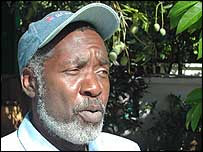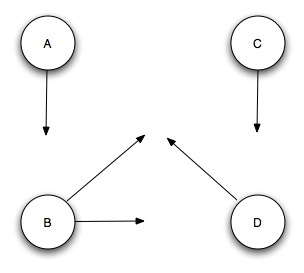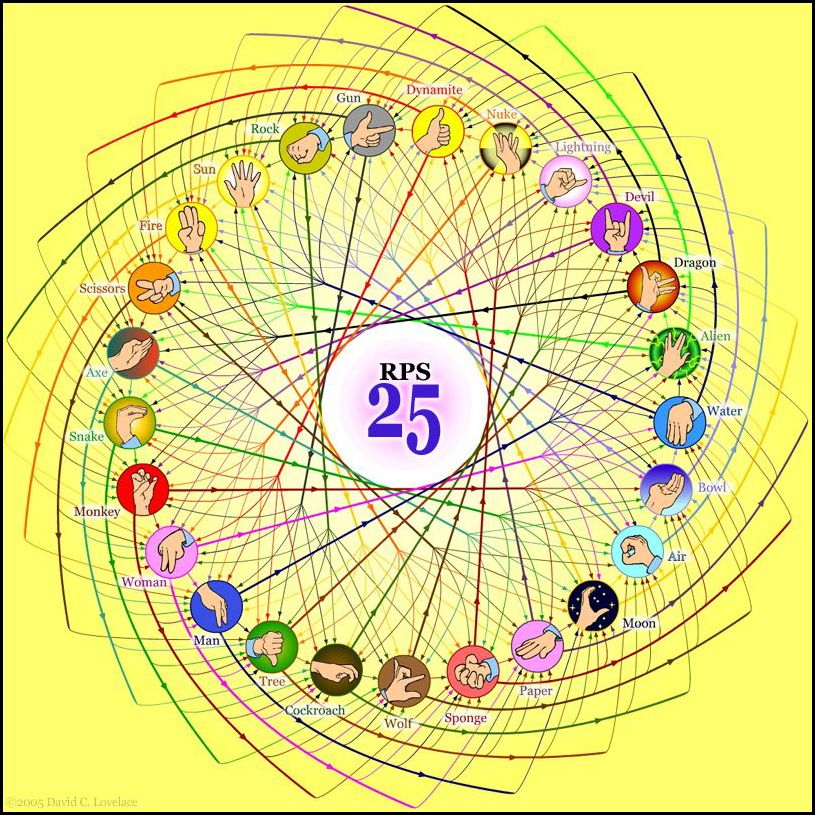I wish I knew Hebrew. Well, fortunately there is also an English article version of Equilibrium in the Jungle (Piccione and Rubinstein ’06):
In the typical analysis of an exchange economy, agents are involved in consumption and exchange goods voluntarily when mutually beneficial. The endowments and the preferences are the primitives of the model. The distribution of consumption in society is determined endogenously through trade.This paper is motivated by a complementary perspective on human interaction. Throughout the history of mankind, it has been quite common (and we suspect that it will remain so in the future) that economic agents, individually or collectively, use power to seize control of assets held by others. The exercise of power is pervasive in every society and takes several forms. Often, power is purely physical. Sometimes, however, power is more gentle. In the male-female “market”, for example, charm and attraction play a key role in obtaining a favourite mate. In an office parking lot, social conventions such as seniority allow control of the preferred parking places. The power of persuasion enables some to convince others to take actions against their own interest.
And I first thought this was fun from just from a modeling/boo-neoliberalism perspective because it stands the usual perfectly competitive free market model on its head — their model, though substantively completely different, looks a whole lot like a standard Walrasian free market on the mathematical level. Indeed, they derive the same Pareto equilibrium results. That is, the Welfare Theorems, which show that a type of free market must be, in a sense, socially optimal, also hold in the Jungle. Thus if you think the Welfare Theorems prove that free markets are great (which I suspect all too many economists do, or did), then these Jungle Equilibrium results prove that a system of coercion and domination is great. I think this exercise casts doubt on the usefulness of formal models to shed light on substantive truths about the world, especially in such ideologically charged domains like social freedom and wealth.
When I first read about the jungle model some months ago (yay thesis procrastination), I thought the point was this sort of anti-neoclassical, anti-modelling irony. Indeed, near the start they mention a desire to “uncover some of the rhetoric hidden in standard economic theory”. But actually, Rubinstein gives another interesting interpretation in the paper: by accepting the results, this indicates that a system of power and involuntary exchange may actually yield good social results in some cases. In any case, power, conflict and coercion are certainly not good to ignore.
Piccione’s remarks are mostly only technical. Perhaps one is not allowed to say what one really thinks until you’re a famous game theorist and willing to debunk your own entire discipline. :-)
Found on the wonderful website of Ariel Rubinstein, which has other fun things like a page of university town cafe’s. Someone give this man a Nobel Prize on the double.





